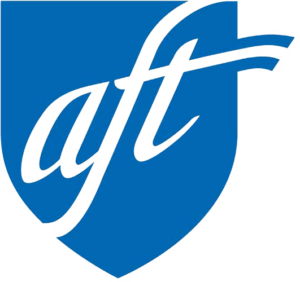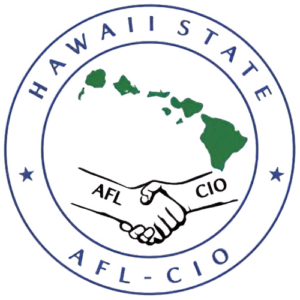R-11, BOR Appendix 9-14, University of Hawaii Patent and Copyright Policy
TITLE 20, UNIVERSITY OF HAWAI‘I
CHAPTER 3, UNIVERSITY OF HAWAI‘I PATENT AND COPYRIGHT POLICY
Historical Note: This chapter is based substantially upon “University of Hawai‘i Patent & Copyright Policy” of the University of Hawai‘i Board of Regents’ Rules and Regulations.
[Eff. 1/22/68; R JUN 22 1981]
§20-3-1 Equities.
The principle is hereby recognized that there are usually three interests involved in connection with research work and invention performed in the University by or under the direction of the research and teaching staffs of the University. These three interests are represented by the research worker or inventor; the University; and the general public whose taxes and gifts support the University. If the research is financed wholly or in part by an outside agency there exists an additional interest.
In general these interests are best served by immediate publication and dissemination of the results of the research. In some cases, however, the interests of all are best protected and furthered by patenting the discoveries and inventions resulting from the research. In still others, specific agreements with a federal or other agency sponsoring or funding the research prescribe certain procedures and inhibitions.
[Eff. JUN 22 1981] (Auth: HRS §304-4) (Imp: HRS §304-4)
§20-3-2 Procedures and Timing of Action.
(a) All persons employed by the University shall submit their ideas for patentable inventions through their immediate supervisor to a University President. In submitting a patentable invention to a superior, the originator shall attach thereto a written statement or justification stating whether the patentable invention was the result of personal or private research, or research supported by State funds, or research supported by an outside agency. Such statement shall be reviewed by the immediate supervisor, who shall attach thereto a written opinion stating:
(1) Whether the patentable invention was the result of personal or private research, or research supported by state funds, or research supported by an outside agency; and
(2) The reasons for his judgment.
Such statements by the supervisor, together with the statement of the inventor, shall be submitted within thirty days after receipt by the supervisor to the President. The committee, within ninety days after such submission, shall notify the President, the person submitting the invention and the immediate supervisor of its decision as to whether such patentable invention was the result of personal or private research, or research supported by State funds, or research supported by an outside agency. The President may overrule, in writing, the decision of the President shall be binding on all parties, unless appealed.
(b) Within one hundred and fifty days after the submission of the invention by the inventor to the immediate supervisor, the University shall notify the inventor of its final decision on whether it deems the invention to be the result of personal or private research, or of research supported by State funds or of research supported by outside agencies.
(c) The University shall relinquish all of its rights to the inventor in the following cases:
(1) If the invention is judged by the President to be the result of personal or private research; or
(2) If the University decides not to secure a patent for an invention which is a result of personal or private research but has been submitted to the President voluntarily by the inventor for possible development and patent under University auspices as hereafter noted.
(d) In all cases of waiver of rights, the University shall relinquish its rights to the inventor by written waiver signed by the President of the University or by a designated agent. If the final unappealed decision of the committee is that such invention was the result of personal or private research, such decision may be used by the inventor as evidence in establishing the priority of the invention. Any person aggrieved by the decision of the President, may appeal to the President of the University. The decision by the President shall be final within the University administrative framework.
[Eff. JUN 22 1981] (Auth: HRS §304-4) (Imp. HRS §304-4)
§20-3-3 Inventions Resulting from Personal or Private Research.
The University shall have no vested interest in inventions clearly resulting from personal or private research and developed by an inventor on personal time, without cost or expense to the University. Such inventions may be voluntarily offered by the Faculty member to the President for the possible securing of a patent and for subsequent developing, processing and exploitation under University aegis. If such offer is accepted by the President, the inventor shall assign his rights to the University of Hawai‘i Research Corporation and shall thereafter receive seventy-five percent of the net profits if any (amount received by the corporation, less costs) derived from any exploitation of the patent.
[Eff. JUN 22 1981] (Auth: HRS §304-4) (Imp: HRS §304-4)
§20-3-4 Inventions Resulting from Research Supported by State Funds.
Inventions resulting from research wholly supported by State funds shall become the property of the University of Hawai‘i. Staff members shall assign their rights to the University of Hawai‘i Research Corporation and shall be entitled to receive fifty percent of the net profits (amount received by the corporation, less costs) derived from any exploitation of the patent.
[Eff. JUN 22 1981] (Auth: HRS §304-4) (Imp: HRS §304-4)
§20-3-5 Inventions Resulting from Research Supported by an Outside Agency.
Inventions resulting from research supported by an outside agency, either wholly or in part, shall be governed by the provisions of the agreement covering the work. In the absence of such provisions, the invention shall be regarded as deriving from the category of State or University supported research.
[Eff. JUN 22 1981] (Auth: HRS §304-4) (Imp: HRS §304-4)
§20-3-6 Copyrights.
This policy is designed to cover copyright of books or other similar materials, and of materials in all forms copyrightable under the laws of the United States or international copyright agreements.
Except for works produced or written for hire, any publishable material produced by a member of the Faculty or staff of the University shall be the exclusive literary property of the author. The author may obtain copyright or dedicate his work to the public as he chooses, subject to any restrictions imposed by sponsoring or funding agencies not under University control.
Works produced or written “for hire” are defined as manuscripts or materials produced by persons who are engaged by the University specifically to produce such manuscripts or works, or released from other work to produce such materials. The University shall be the sole proprietor of any work done “for hire“ and may make such disposition of resultant manuscripts as it may choose. Borderline determinations should be documented, when desired, in accordance with the foregoing patent policy. Should any controversy concerning this policy committee of the University which will make a recommendation for action to the President.
[Eff. JUN 22 1981] (Auth: HRS §304-4) (Imp: HRS §304-4)
§20-3-7 Financial Agreements.
The President, after consulting with the President, may enter into such financial agreements as the President deems equitable whenever a staff member at personal expense desires to patent an invention or copyright written works which resulted from research supported by State funds or works produced or written “for hire” by the University, only in instances when the committee disclaims interest in patenting or copyrighting the work produced by the staff member.
[Eff. JUN 22 1981] (Auth: HRS §304-4) (Imp: HRS §304-4)



